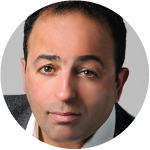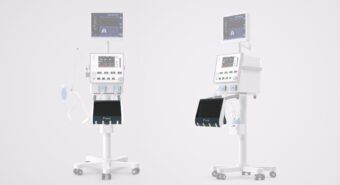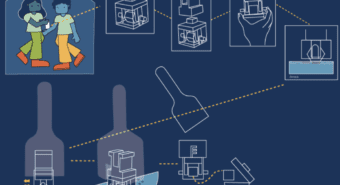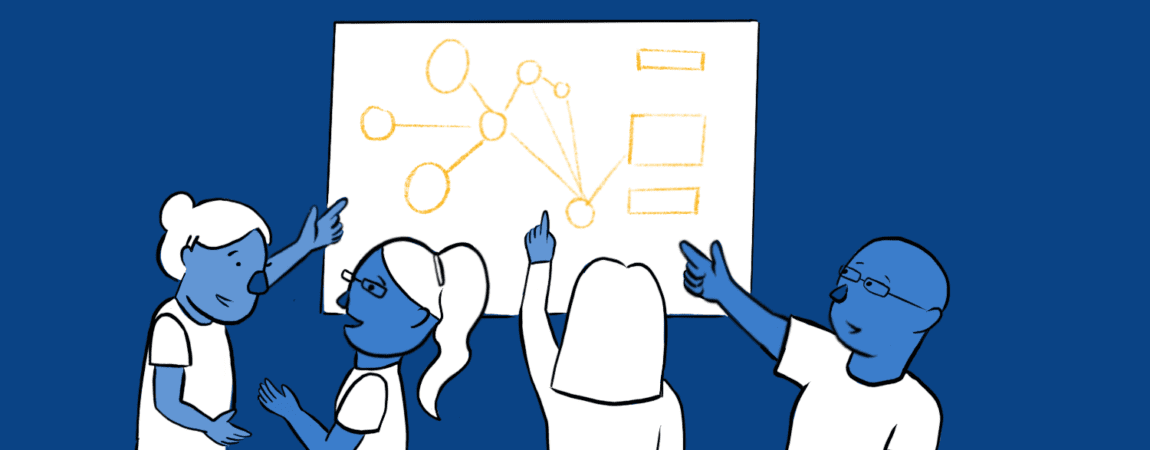Have a new invention, product concept, or software idea?
The Berkeley Office of Innovation and Entrepreneurship and College of Engineering are happy to announce the FastTracking Founders Competition. This competition is an excellent opportunity for students to capitalize on their ideas and receive support to file a provisional patent. The winners of the competition will receive financial and organizational support to file a provisional patent.
Competition finalists will receive personalized, hands-on support with the patent filing process. All costs will be covered for the first stage of the patent filing process which is for a provisional patent.
Eligibility:
- You are a current UC Berkeley student or recent graduate in one of the College of Engineering professional master’s programs
- Approval from your project sponsor (industry and/or faculty representative)
- Eligible projects include: capstone, coursework, hackathons, and/or independent research
- Team projects: aside from advisor consent, the entire team (vs. select individuals) must be in agreement to participate. Only one team member needs to apply on behalf of their team.
Info Session:
Timeline:
- February – Applications open
- April & May – Reach out for support if your team is interested in applying
- Friday, June 30, 2023 – Application deadline
- July – Applications are reviewed
- July/August – Winners notified
 “Over the last 10 years of the Berkeley MEng program, there have been a variety of extremely entrepreneurial projects that weren’t taken to the next level in terms of being possibly spun off into great companies. Over the years we’ve been brainstorming with exactly how to do this….and approximately two years ago we got to the point where we were able to assemble all of the moving parts on campus to allow this to occur. It is a great leap forward!”
“Over the last 10 years of the Berkeley MEng program, there have been a variety of extremely entrepreneurial projects that weren’t taken to the next level in terms of being possibly spun off into great companies. Over the years we’ve been brainstorming with exactly how to do this….and approximately two years ago we got to the point where we were able to assemble all of the moving parts on campus to allow this to occur. It is a great leap forward!”
– Tarek Zohdi, Associate Dean of Post Baccalaureate Programs in the UC Berkeley College of Engineering
 “From the campus perspective, this is exactly the stage of early enterprise creation that we want to support. And for a master’s graduate to have a provisional patent on their resume is a big win in any event. It’s great that CoE master’s programs can provide this.”
“From the campus perspective, this is exactly the stage of early enterprise creation that we want to support. And for a master’s graduate to have a provisional patent on their resume is a big win in any event. It’s great that CoE master’s programs can provide this.”
– Rich Lyons, UC Berkeley Chief Innovation and Entrepreneurship Officer
Application:
CoE FastTracking Founders Competition
Applications are currently closed.
Class of 2022 Winner:

2022 FastTracking Founders
Winners included:
- Prana: A medical device designed for low-resource hospitals to help them accommodate larger patient loads when their facilities are overwhelmed.
Class of 2021 Winners:

2021 FastTracking Founders
Winners included:
- MEDiRoller: Revolutionizing Low-Cost Vaccine and Drug Delivery in Low-Resource Communities
- Water Purification Using Non-Thermal Atmospheric Plasma
- Enhancing Minimally Invasive External Stimulation to Alleviate Osteoarthritis
Frequently Asked Questions
Scientific and technical information, know-how, data, designs, processes, procedures, formulae, materials, compounds, recombinant NA, new methods, software programs, works of authorship, trademarks, and inventions.
Trade secrets, copyrights, trademarks, patents, and agreements are different means of protecting intellectual property. A lot of the time agreements become one of the most important ones.
A trade secret is an information that is not generally known within the trade or industry, and that provides a competitive advantage. This is not done at the university as we publish everything.
Words or symbols associated with an entity’s goods or services that distinguish them from those manufactured or sold by others.
Copyright protects authors of “original works of authorship” including software, literary, and artistic works that are fixed in a tangible form of expression. A lot of software at UC Berkeley is released under a permissive license even though Berkeley has the copyright for them. Releasing them on the license, allows everybody to use them as well.
A patent is the grant of the right to exclude others from making, using, and selling your invention, in exchange for teaching it to the public. From the first date of filing a patent, it lives for 20 years unless it goes through the FDA to get a few years of extension.
A nondisclosure agreement with another party provides an idea to them but they cannot use this idea to anybody else. This is really important if there is no patent application or written software already in place.
Anything modified by humans that is novel, non-obvious, and useful can be patented. A patent must teach a person of ordinary skill in the art how to make and use the invention.
If you are at Berkeley, you can get more support by contacting ipira@berkeley.edu and filing a disclosure at the IPIRA website for IP protection. For this program, we have already altered the disclosure document to fit the program.
As you look at different industries, the patenting strategy should be based on how the industry looks at patents and their importance. For instance, if you are in the bio/pharmaceuticals/chemicals/instruments field then the objective is a monopoly.
For software, you can either do open source, commercial licensing, or dual licensing.
In general, government funding does not fund individuals but entities. As an individual who is starting a business, the best place to go would be the Small Business Innovation Research (SBIR) or the Small Business Technology Transfer (STTR). Specific portions of the government do have SBIR or STTR grants which will give you money as an entity. As a part of IPRIA and the Begin program, there are SBIR and STTR resources such as talks.
If you win a competition that you entered then you still own the IP and the campus community is under a non-disclosure obligation. I would suggest that when you are producing and providing these disclosures, you put down at the beginning of your presentation that this is confidential.
The IPIRA website or begin.berkeley.edu provides all the resources that you could apply to and you should apply to all of them. Most people apply to all of them and that is completely fine. Once you apply to them, one may be a lot more desirable or they may want you a lot more than the others.
In your agreements, you could have non-competes that are for a certain period of time but they cannot be for an unusually long period of time. Under California law, it is illegal to ask for 100% non-compete. An NDA is probably the best way to go about it because it does not allow them to not disclose the technology to anyone else within that time.
As long as the student is a part of the team and involved with the project or invention being submitted for consideration, this should be fine.
Unfortunately, consent in advance from your faculty or industry project advisor is mandatory to be eligible for this contest. You need their pre-approval for your team’s application and project to be considered.
I think this should be okay. For transparency, I would have this COE professional master’s student (or whoever is submitting on their team’s behalf) indicate the student’s involvement in two inventions or projects, as well as which ones.
You can do either just as long as you can download and submit a PDF or docx version of the online IDF with your Google Form application. It might be easier to directly download the IDF and then submit it with the Google form.
Connect with the Office of Intellectual Property and Industry Research Alliances (IPIRA) and Berkeley BEGIN. If you have any questions, please email Dr. Jennifer Mangold.






